From 1851, paddle steamers could transport up to 2,000 bales of wool along the Murray River, with engines that were predominantly 20hp steam engines with side paddles fueled by local logs, with no price cap!
Today, to transport 2,000 bales of wool, requires 20 semi-trailers, each with 400 hp turbocharged diesel engines.
Already a subscriber? Log in
Subscribe for just $2 a week
Try a month of The Spectator Australia absolutely free and without commitment. Not only that but – if you choose to continue – you’ll pay just $2 a week for your first year.
- Unlimited access to spectator.com.au and app
- The weekly edition on the Spectator Australia app
- Spectator podcasts and newsletters
- Full access to spectator.co.uk
Or

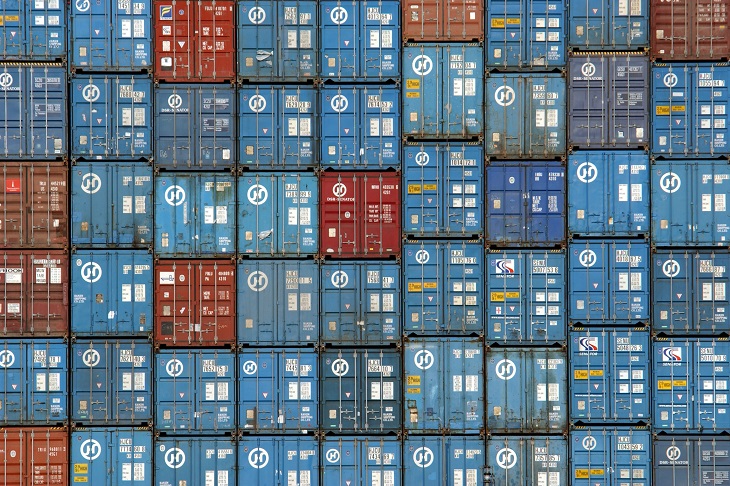
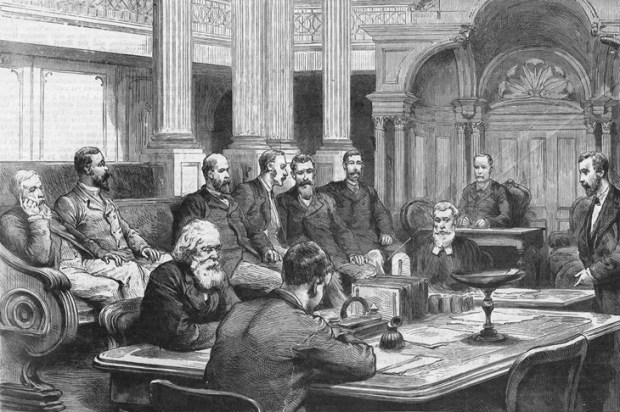
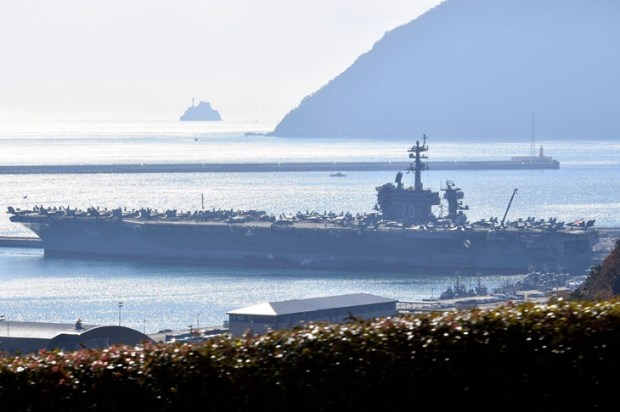
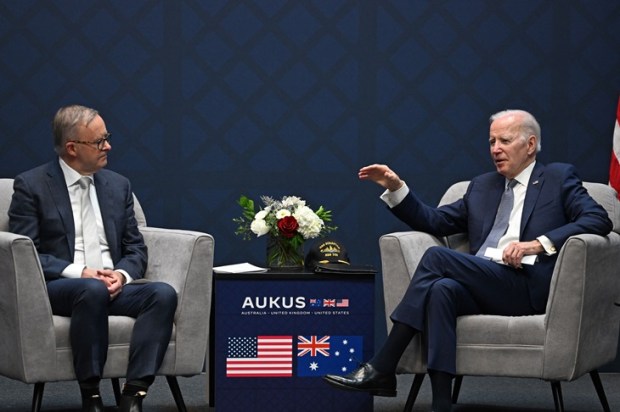
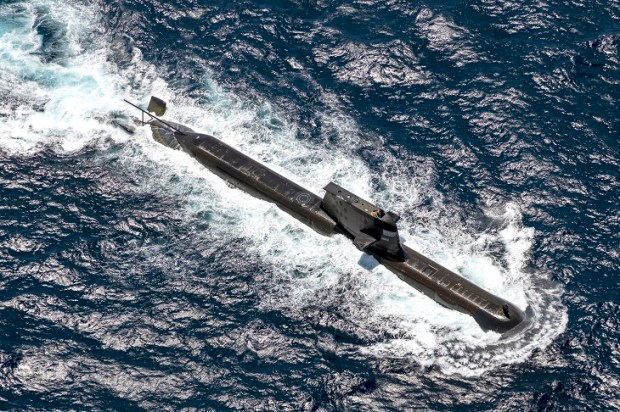
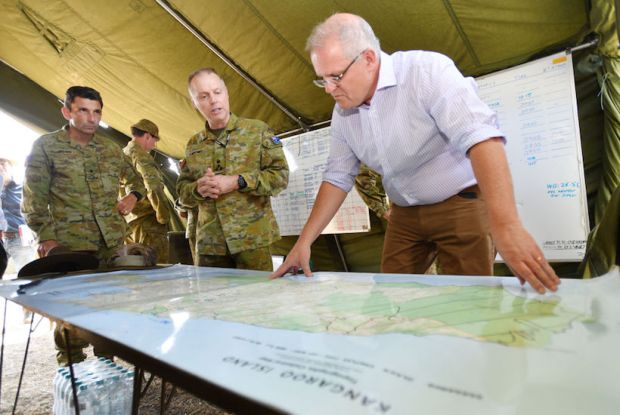
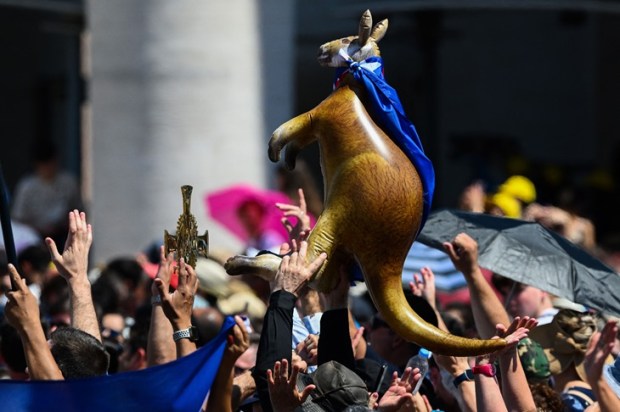


















Comments
Don't miss out
Join the conversation with other Spectator Australia readers. Subscribe to leave a comment.
SUBSCRIBEAlready a subscriber? Log in